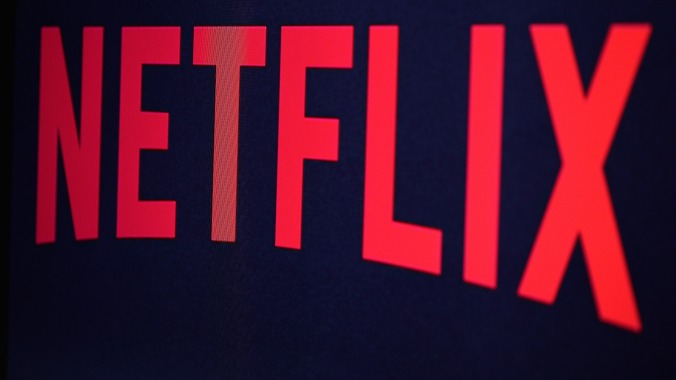In a universe where corporate entities—Lovecraftian subtext purely intentional, we assure—often expend large quantities of energy attempting to pretend like they have the morality or values of human beings, there’s something bizarrely refreshing about seeing a company just own up and admit that they’ll cave under the slightest pressure the second that anybody asks. Hence the weird cognitive dissonance that accompanies this recent story from The Hill, in which Netflix CEO Reed Hastings essentially said, “Hell yeah, push us around, it’s cool” to the government of Saudi Arabia after it asked the company to censor one of its shows.
This all has its roots in an incident that happened back at the start of the year, when the Saudi Arabian government voiced an issue with an episode of Patriot Act With Hasan Minhaj centered on the country’s politics. In response to the accusations of violating the country’s cybercrimes laws, Netflix promptly removed the episode—which contained critiques of both Crown Prince Mohammad bin Salman and Saudi Arabia’s military actions in Yemen—from its service in the country. And while lots of people protested the decision, Hastings sounded completely unapologetic when asked about it at a conference on Wednesday, stating bluntly that “We’re not in the news business. We’re not trying to do ‘Truth to power.’ We’re trying to entertain.”
To be fair, Minhaj himself has essentially said he has no interest in going toe-to-toe with a foreign government, noting in an interview with CNN’s Van Jones in February that “I want to live to see the retweets,” and that he’s “going to do the best [he] can to not poke anymore.” Which, while perfectly understandable, is also presumably exactly the effect Saudi Arabia was going for, something noted by Democratic hopeful Bernie Sanders when he commented on Hastings’ comments earlier this week:
Hastings’ argument, in turn, is that Netflix is more interested in taking on a more passive (and, presumably, less risky) role in the political world. He pointed specifically to a show like Sex Education, which the Saudi government allows to be broadcast via the service, as a way for more liberal values to find their way into the nation—presumably on the grounds that, once the people of Saudi Arabia embrace their own depressed horse people or psychic ’80s teenagers, social revolution is almost certain to follow.

 Keep scrolling for more great stories.
Keep scrolling for more great stories.
